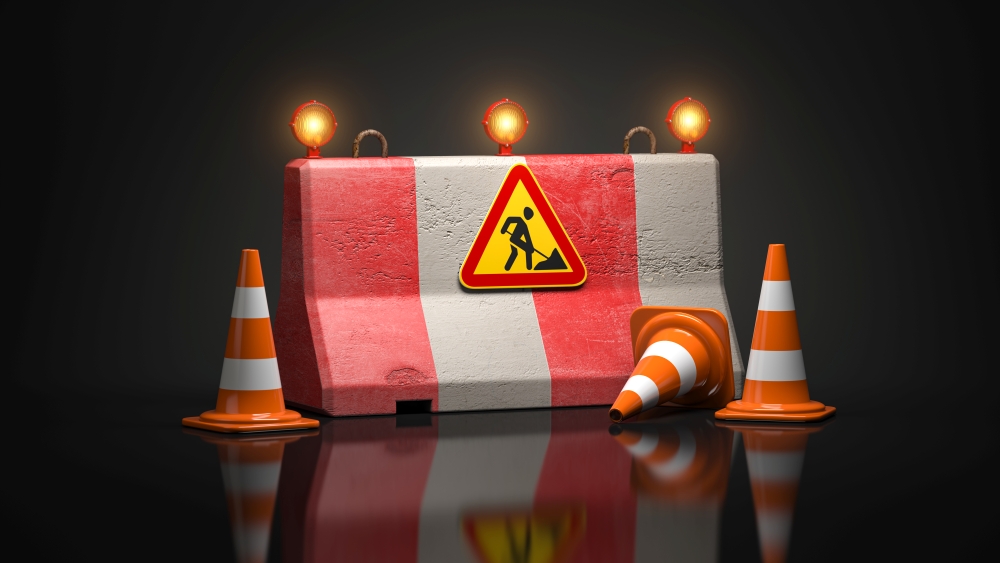We Need You to Contact Congress Right Now
“The House Transportation and Infrastructure Committee (at 11:00 a.m.) and the House Financial Services Committee (at 12:00 p.m.) are both marking up legislation today that will include funding for other transportation modes, but excludes funding for the bus and motorcoach industry.
Here is the list of the House Transportation and Infrastructure Committee members and staff and the House Financial Services Committee members and staff to contact, and ask that the Congressman or Congresswoman please speak up at the markup on behalf of the bus and motorcoach industry. Below are suggested talking points for the Congressional member to to use:
• The motorcoach industry is still operating at 10-20 percent with little recovery expected through 2021
• With workers not returning to offices, individuals not traveling, and increases in COVID cases motorcoach companies are barely operating
• 80,000 of our 100,000 workers are currently are out of work
• Losses for motorcoach (which normally operates at $15.3 billion per year) will exceed $23 billion in 2020 and 2021
• A Treasury Department-based funding program to assist motorcoach, school bus and passenger vessel companies and their employees was included in the December stimulus package but was cut from $10 billion to $2 billion during the last few days of negotiations
• The Treasury Department is weeks away from rolling out the motorcoach, school bus, passenger vessel program
• Banks and financial institutions are currently repossessing motorcoaches from many small companies
• The motorcoach industry has a diverse workforce, with many companies employing more than 50 percent minorities and women
• Motorcoaches are essential to serving our military, as we saw in January when 500-1,000 motorcoaches brought National Guard troops to Washington, D.C. to protect the Capitol
• Motorcoaches are utilized by FEMA and state emergency management agencies to move people from harm’s way during approaching hurricanes
• Motorcoaches move all Americans from every walk of life, and are the most environmentally friendly form of passenger transportation
